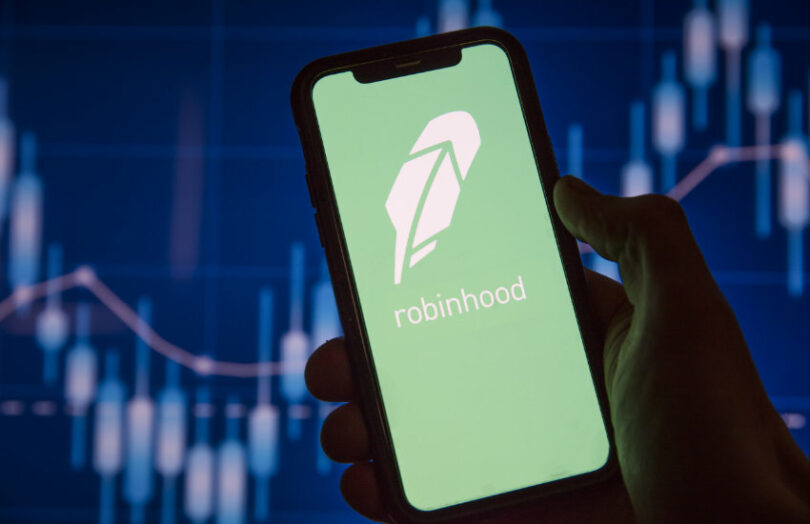Yesterday Robinhood announced it received a Wells Notice from the Securities and Exchange Commission (SEC) warning of impending legal action relating to crypto custody, cryptocurrency listings and platform operations. Although Robinhood is a registered broker-dealer for traditional securities, it plans to resist the SEC’s steps. The news follows Wells Notices, which were recently issued to Ethereum developer Consensys and automated market maker Uniswap. Last year the SEC filed lawsuits against Coinbase, Binance and others.
Robinhood Crypto attempts to register
“After years of good faith attempts to work with the SEC for regulatory clarity including our well-known attempt to ‘come in and register,’ we are disappointed that the agency has decided to issue a Wells Notice related to our U.S. crypto business,” said Dan Gallagher, Chief Legal, Compliance and Corporate Affairs Officer, Robinhood Markets. “We firmly believe that the assets listed on our platform are not securities and we look forward to engaging with the SEC to make clear just how weak any case against Robinhood Crypto would be on both the facts and the law.”
During Congressional testimony last year Mr Gallagher outlined that it attempted to register in good faith, starting in late 2021. It spent a year and a half with more than a dozen meetings and calls with the SEC. It made a written request for relief for a registered special purpose broker-dealer to support both digital asset commodities and securities. “We have unfortunately not been able to make any progress with the Commission on our request for relief to register,” said Mr Gallagher in July last year. However, it said it continued to engage with the SEC.
Restricted crypto offerings
Robinhood noted that some of the steps it took to comply put it at a disadvantage to other crypto marketplaces. It doesn’t provide lending or staking products, nor does it conduct ICOs. It operates a marketplace, passing the transactions to others to execute rather than operating an exchange. Before 2022 it only listed Bitcoin, Ether and their forks. Subsequently, it expanded the list to just 18 tokens after a “robust” review process. In contrast most exchanges list hundreds of tokens. Some of the additional tokens include Aave, Avalanche, Chainlink, Compound, Shiba Inu, Stellar, Tezos and Uniswap.
Before its demise, FTX and Sam Bankman Fried (SBF) clearly had Robinhood in their sights. Not only did FTX buy a major stake in the firm, FTX also offered exposure to stocks for its offshore clients. SBF envisioned a convergence.
This could explain why Robinhood felt compelled to expand its coins beyond the Bitcoin and Ether offerings. However, with the SEC’s latest moves against Consensys, it appears that Ether is also now viewed as a security, in an about turn on a 2018 statement.






